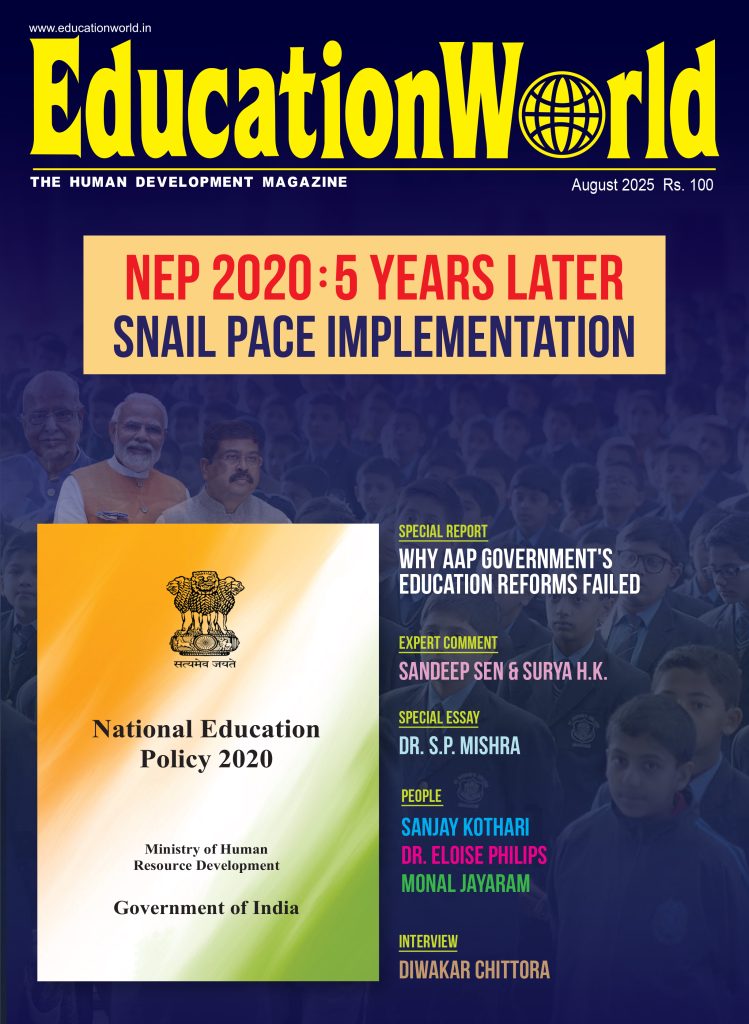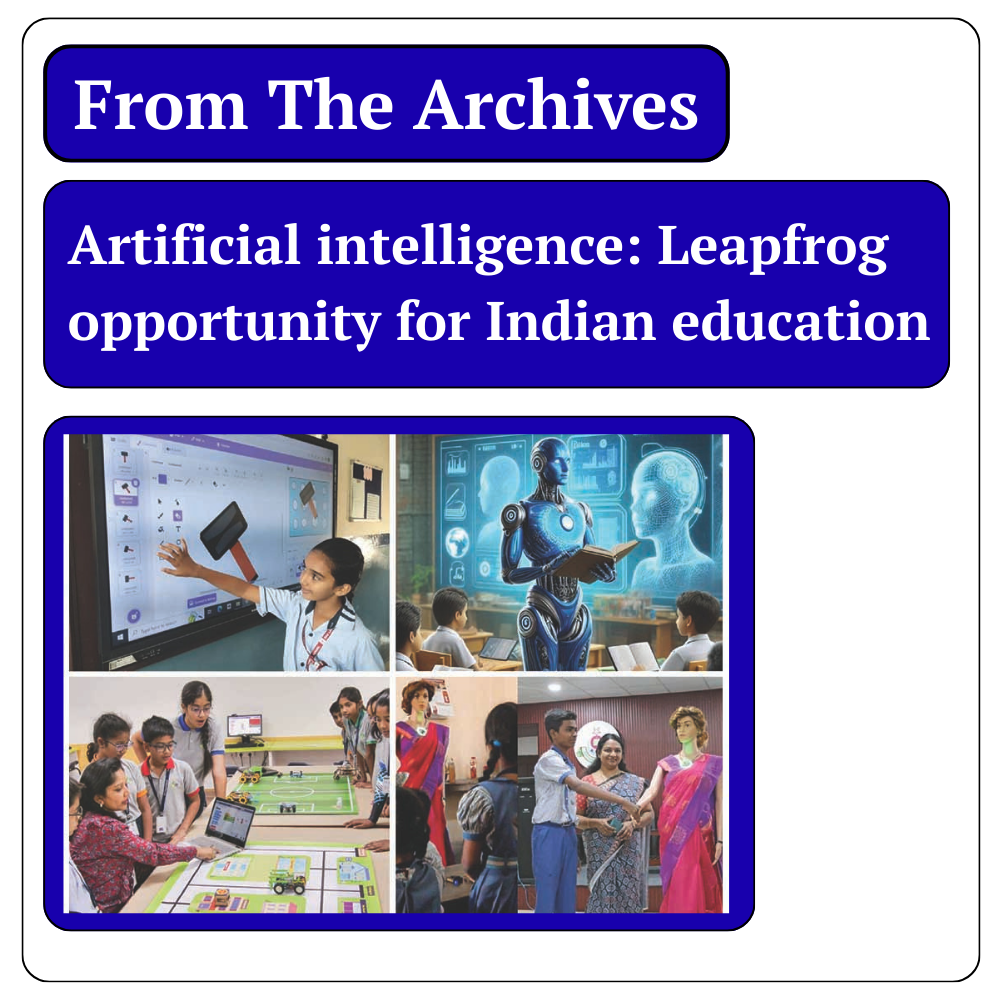Delhi: Establishment report
The Yash Pal committee report titled Renovation and Rejuvenation of Higher Education, submitted to Union human resource development minister Kapil Sibal on June 24, which recommends severe dilution — if not abolition — of all apex-level regulatory bodies of Indian higher education, has created a flutter within the somnolent bowers of Indian academia. The higher education regulatory organisations recommended to be effectively wound up include the University Grants Commission (estb. 1956), All India Council for Technical Education (1987), National Council for Teacher Education (1994), Distance Education Council, Indian Council for Agricultural Research, Bar Council of India, Rehabilitation Council of India, Medical Council of India, among others. The committee has proposed these organisations be superseded by an all-encompassing National Commission for Higher Education & Research (NCHER).The 94-page report also recommends that empowered, autonomous universities be made responsible for academic content, quality and delivery; establishment of multi-disci-plinary universities with rich undergraduate programmes allowing curricular mobility, and inclusion of vocational and teacher education within the purview of universities. The pain-stakingly prepared report reflects the views of eminent scientist, former chairman of UGC, and former secretary of the department of science and technology Dr. Yash Pal, and 23 other eminent academics including chair-persons of UGC, AICTE, and NAAC, vice chancellors (current and former) of publicly funded universities, directors of IIT (Madras), IIM (Bangalore) and NCERT, and Dr. Ramdas Pai, chancellor of Manipal University.
Yet the recommendation of the committee which has attracted most attention is a proposal to crack down on private aka deemed universities whose number has mysteriously ballooned from 55 in 2005 to 127 in 2008. And its hardly a national secret that a large number of private colleges and institutions of professional education have acquired deemed university status by making huge pay-offs to UGC, AICTE and MCI office bearers. The arrest by CBI on July 17 of K. Narayan Rao, member secretary of AICTE, for assets disproportionate to income and possession of blank college inspection reports signed by ‘visiting expert committee members did nothing to dispel such suspicion.
Comments the Yash Pal Committees report: The practice of according status of deemed university be stopped forthwith till NCHER takes a considered view on it. It would (sic) be mandatory for all existing deemed universities to submit to new accreditation norms to be framed on the lines proposed in this report failing which the status of university should be withdrawn.
Unsurprisingly, private/deemed university managements have inter-preted the committees report as being hostile to private initiatives in education. Painting all private universities with the same brush, doesnt help the cause of higher education. It takes 20-30 years for a new university to settle down. The remedy is not to prevent promotion of private initiatives in higher education, but to punish corrupt and law-breaking managements severely, says Dr. G. Vishwanathan, former MP and Tamil Nadu minister turned founder chancellor of the highly-rated VIT University, Vellore.
The viewpoint that the higher education sector requires greater private participation rather than more regulation as proposed by the Yash Pal Committee, is endorsed by Dr. Kaushik Basu, professor of economics at Cornell University (USA) who was surprisingly included among the 24 members of the committee. Just as India gave up on industrial licensing in the early 1990s — and thereby unleashed growth — the reformed UGC and AICTE should give up on the licensing of higher education and nurture excellence by way of collating information and publicising ratings about all higher education institutions, wrote Basu in the committees lone dissenting note. More-over Basu also advocated differential pay scales for star faculty in universities.
Although monitors of the Indian academic scene opine that the Yash Pal Committees proposed NCHER is not unlike the Independent Regulatory Authority for Higher Education (IRAHE) recommended by the National Knowledge Commission, the former provides for state higher education councils to supervise accreditation, management, funding, development and governance of higher education institutions in the states. In effect the Yash Pal Committees report adds up to replacing the existing education bureaucracy with another — a typical establishment report.
Autar Nehru (Delhi)


















Add comment